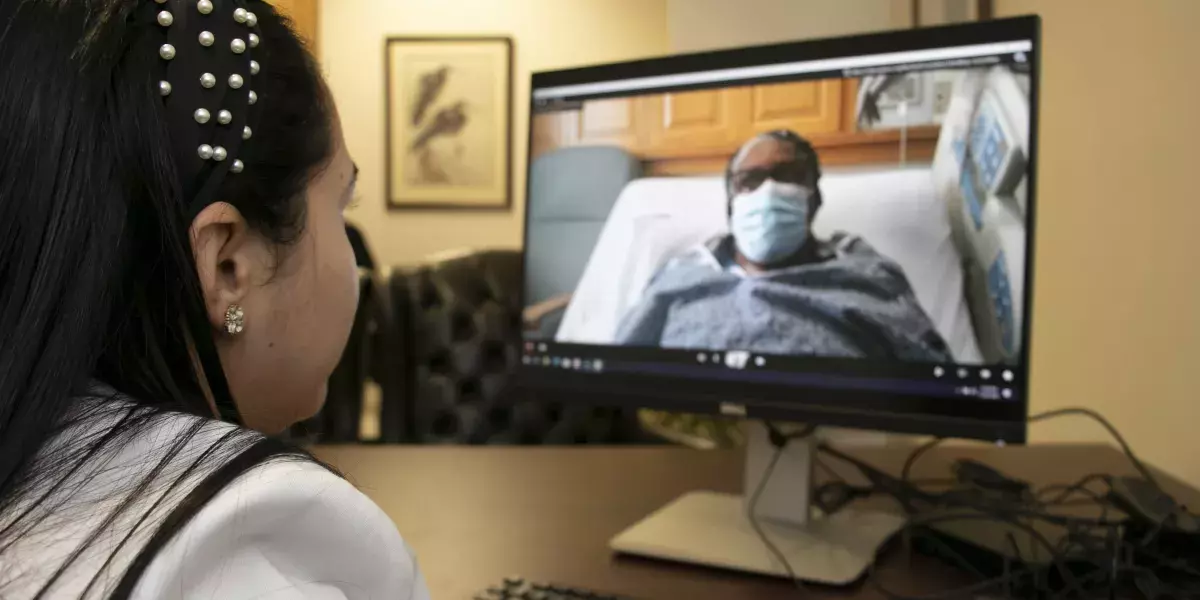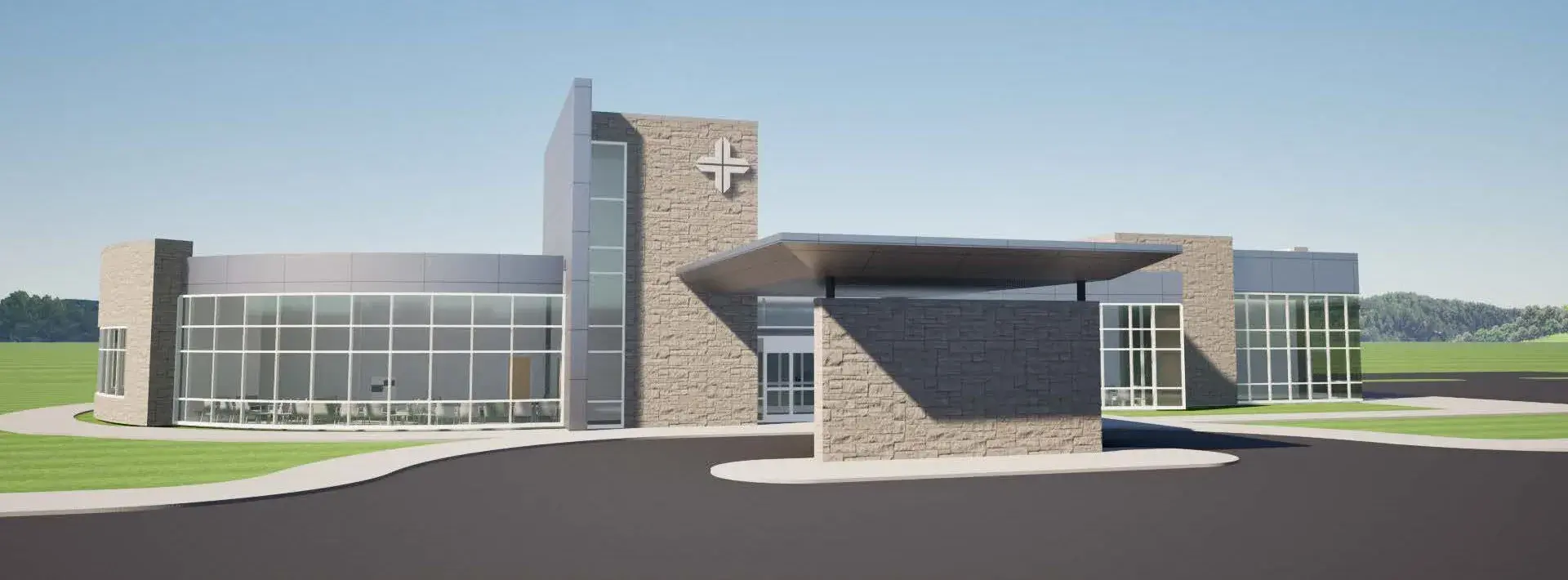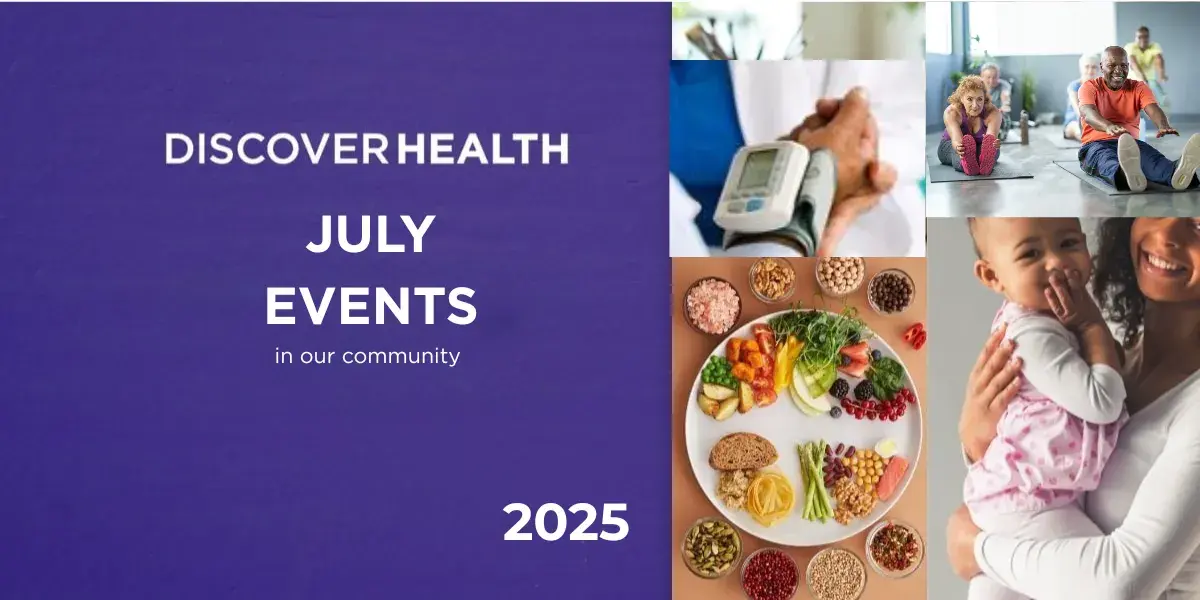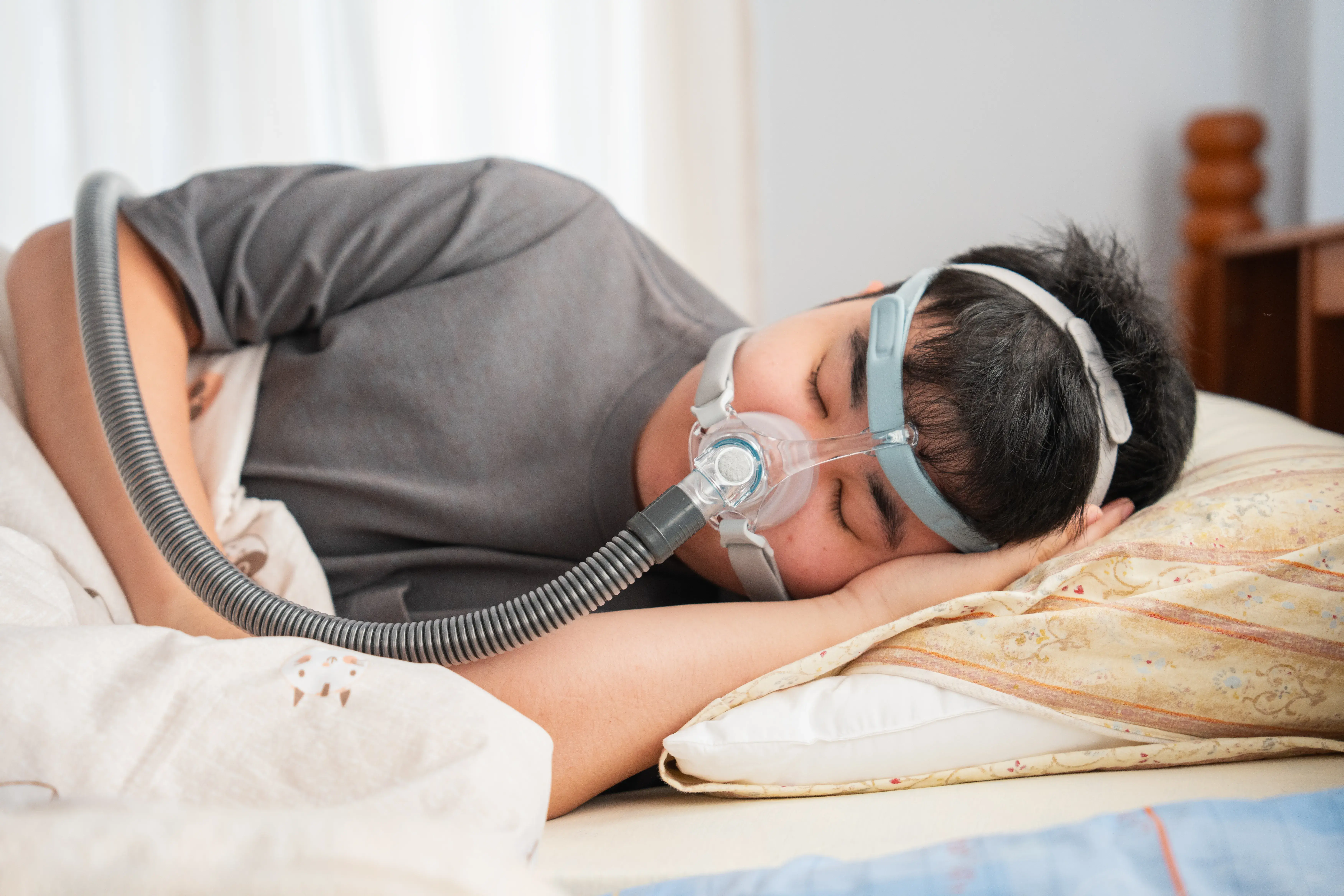
Union Medical Center connects stroke patients with faster care, earns major certification
When you’re having a stroke, time is of the essence.
“We say, ‘Time is brain,’” said Union Medical Center Chief Nursing Officer Katie Henderson. “Patients need to receive care quickly because the longer you wait to treat a stroke, the more damage is done.”
A stroke occurs when the blood supply to part of your brain is interrupted or reduced, preventing brain tissue from getting oxygen and nutrients. Brain cells begin to die in minutes. A stroke is a medical emergency, and prompt treatment is crucial.
Dedicated to treating stroke quickly, Union Medical Center implemented a telestroke program and has earned a top certification from a national organization.
The Acute Stroke Ready certification from Det Norske Veritas (DNV) demonstrates the hospital’s commitment to excellence in treating patients with symptoms of a stroke.
“This certification enables Union Medical Center to serve the community quickly and closer to home,” Henderson said.
Stroke mortality has been reported as a leading cause of death and disability in the United States. Union County has some of the highest rates of death per capita associated to stroke in South Carolina, according to Shonna Bible, MSN, RN, Spartanburg Regional Healthcare System quality project manager.
“Based on this data, we knew it was important to ensure that we could provide the highest level of stroke care for our patients,” said Paul Newhouse, Union Medical Center president.
Telestroke saves time, lives
Starting in March 2019, Union Medical Center implemented telestroke services through a collaboration with the South Carolina Telehealth Alliance and the Medical University of South Carolina. The telestroke program is key when caring for stroke patients in Union. Since implementation of the program, Union Medical Center has treated 65 patients through telestroke.
When a patient arrives exhibiting stroke symptoms, they are connected with a teleneurologist via the telestroke program for an evaluation and assessment. The teleneurologist and an emergency physician work together to determine if the patient qualifies for TPA, a clot-busting medication.
After this initial treatment, the patient may be transferred to Spartanburg Medical Center for continued treatment if a higher level of care is required.
“We are excited that our emergency department has this capability,” Newhouse said. “This should give the community an extra level of comfort. We underwent a rigorous survey process, and DNV determined that we have a strong process in place for treating stroke patients with excellent care.”
Know the signs of stroke
It is important to recognize the signs and symptoms of stroke and call 911 immediately to avoid any delays in treatment. Remember to BE FAST:
- Balance – Having trouble with balance or coordination.
- Eyes – Experiencing blurry or double vision, or sudden loss of vision.
- Face drooping — One side of the face is drooping or numb.
- Arm weakness — One arm is weak or numb. When trying to raise the arm, one will drift downward.
- Speech difficulty — Speech is slurred, or the patient is unable to speak or difficult to understand.
- Time to call 911 — If any of these symptoms present, call EMS to get the patient to the hospital immediately to receive lifesaving medication.
If you think you are having a stroke, call 911 so you can be taken to the nearest hospital. Learn more about telehealth services throughout Spartanburg Regional Healthcare System.












